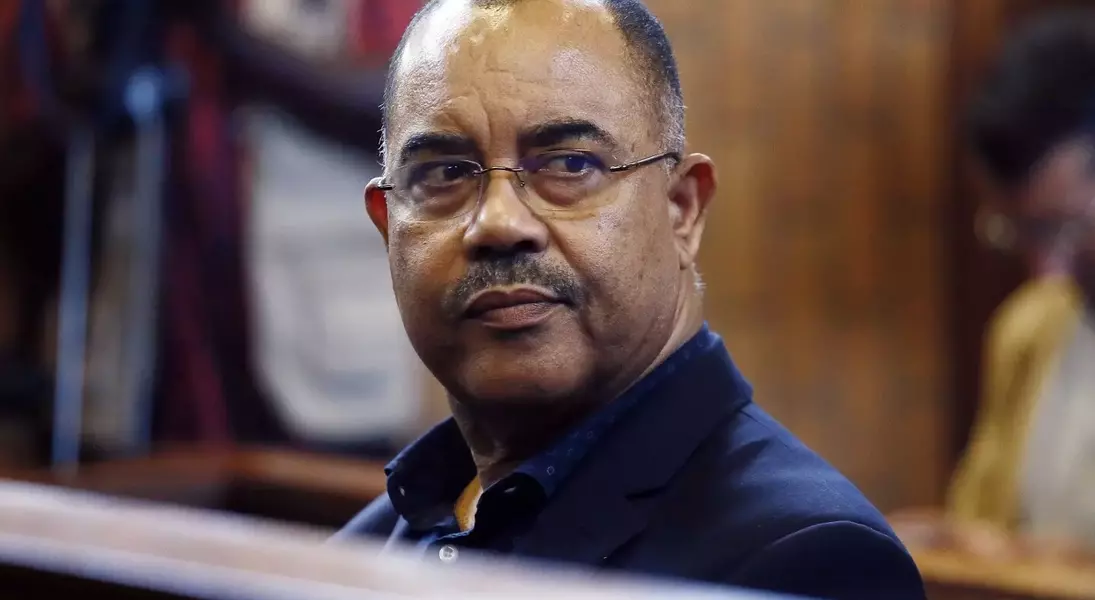
A significant legal milestone is approaching for Mozambique as its former finance minister, Manuel Chang, prepares to be sentenced in a New York court on charges of wire fraud and money laundering. The case, rooted in the controversial "tuna bond" affair, has had far-reaching consequences for the impoverished African nation. Prosecutors allege that Chang accepted bribes to secretly commit his country to approximately $2 billion in loans from international banks. These funds were intended for maritime projects but were misappropriated by officials and bankers. Chang, who served as the country's top financial officer from 2005 to 2015, could face up to two decades in prison. His defense team argues he should only serve the time already spent in custody. This case highlights the severe impact of corruption on developing economies.
The saga began when Mozambique's government, through three state-controlled entities, borrowed substantial sums between 2013 and 2016. Ostensibly, these loans were meant to fund a tuna fishing fleet, shipyard development, Coast Guard vessels, and other maritime initiatives. However, prosecutors claim that instead of benefiting the nation, the funds were diverted into private accounts through a web of bribes and kickbacks. Chang himself is accused of receiving $7 million in illicit payments. The mismanagement of these funds not only defrauded investors but also plunged Mozambique into a severe financial crisis. When the hidden debt was exposed in 2016, it amounted to roughly 12% of the country's GDP at the time.
Chang's arrest in Johannesburg in 2018 marked a turning point in the case. After a prolonged extradition battle, he was brought to the United States in 2023 to face charges. During the trial, prosecutors presented evidence of how the loan proceeds were misrepresented, leading to significant losses for investors. Chang's defense argued that there was no direct quid pro quo and that he was merely following orders from his government. Despite this, the conviction stands, and now the focus shifts to sentencing. Prosecutors recommend an 11 to 14-year sentence, while Chang's lawyers argue for his immediate release based on time already served.
The repercussions of the scandal have been profound. Mozambique's economy suffered greatly, with nearly two million people falling into poverty. Government services were cut, economic growth stagnated, inflation skyrocketed, and the currency plummeted. International investment and aid also dwindled. Meanwhile, efforts to negotiate with creditors continue, and several individuals have been convicted in Mozambican courts over the scandal, including the son of the former president, Armando Guebuza. As Chang faces his sentence, the case underscores the devastating impact of corruption on vulnerable economies and the importance of transparency in public finances.
